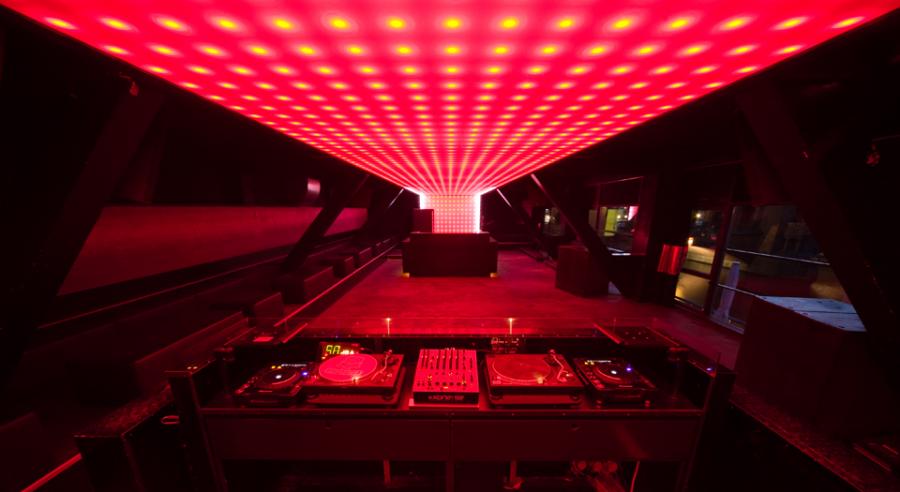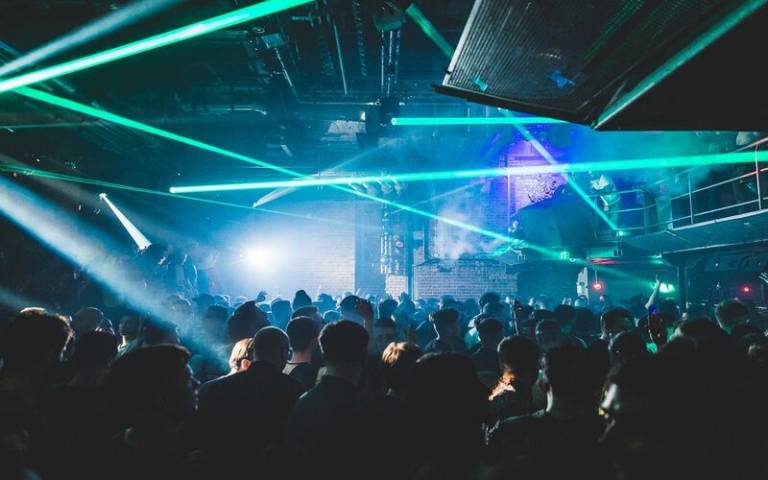Two Iconic Berlin Nightclubs Facing Closure
Berlin’s world-renowned nightlife scene is facing a significant blow as two of its most iconic institutions, Watergate and Renate, are staring down the barrel of closure.
Watergate, a cornerstone of Berlin’s techno scene for over two decades, has announced its impending closure at the end of 2024. The club’s co-founder, Ulrich Wombacher, cited a perfect storm of financial pressures as the reason for this difficult decision. “Unfortunately, the realities of inflation, the energy crisis, rising costs in general, and, not least, the high rent for this beautiful location in the heart of the city at Oberbaumbrücke on the Spree, caught up with us,” Wombacher told Resident Advisor.
The closure of Watergate is not just a result of economic factors but also reflects changing trends in electronic music consumption. Wombacher noted the increasing popularity of larger events and festivals as a contributing factor. “A club like Watergate is based on the original idea of the club as a defining place for an entire musical generation,” he explained. “Now that we see things going in a different direction, it’s time for us to take this last step.”
In a bittersweet farewell, Watergate plans to go out with a bang, hosting a series of events from October until its closure, featuring renowned artists such as Charlotte de Witte, Sven Väth, Richie Hawtin, and Kerri Chandler, among others.
Another Berlin stalwart, Renate, is facing a similar fate. Notorious property investor Gijora Padovicz has reportedly doubled Renate’s rent in recent years, and the club announced that it will likely have to close at the end of 2025 following the expiration of its lease agreement.
Renate’s operators believe Padovicz will refuse to extend the club’s contract when it expires next year. “The ousting of Renate isn’t an isolated case,” they stated. “Time and again, clubs and other socio-cultural institutions in Berlin are repeatedly threatened by similar developments.”
The potential loss of these two venues underscores a broader trend threatening Berlin’s nightlife. As property values in the city continue to rise, clubs and cultural spaces are increasingly squeezed out by rising rents and redevelopment plans. This pattern isn’t unique to Berlin, but it’s particularly poignant in a city where nightlife is such an integral part of its identity and global appeal.
The closure of clubs like Watergate and Renate represents more than just the loss of places to dance; it’s the erosion of spaces that have played crucial roles in shaping culture. As Renate’s team put it, “Clubs like Renate are important places of encounter, exchange and creative development that characterise Berlin internationally.”
While Watergate Records and the broader brand will continue to exist, the loss of these physical spaces raises questions about the future of Berlin’s nightlife. Can the city maintain its status as a global clubbing capital in the face of these economic pressures? Will new venues emerge to take their place, or is this the beginning of the end of an era?
As Berlin’s club scene faces these existential challenges, it’s clear that the city is at a crossroads. The closure of Watergate and the potential loss of Renate serve as a wake-up call, highlighting the need for a broader conversation about preserving cultural spaces in the face of urban development and economic pressures. The coming years will be crucial in determining whether Berlin can find a balance between progress and preserving the vibrant nightlife that has made it a global cultural beacon.



